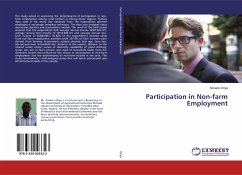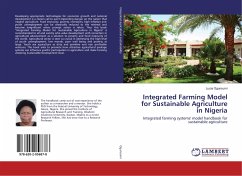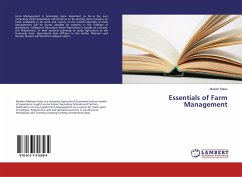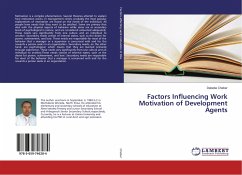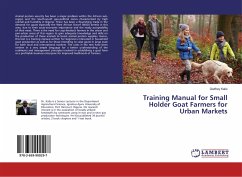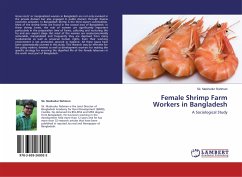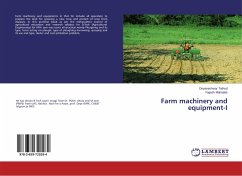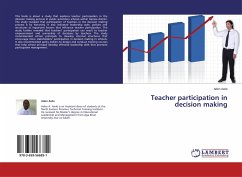The study aimed at examining the determinants of participation in non-farm employment among rural farmers in Ebonyi State, Nigeria. Primary data used in the study was obtained from 150 respondents selected employing a multistage sampling technique. The data was analyzed using descriptive statistics and econometric models. The result of the field survey showed that the respondents had average annual income N407,524.791, average annual farm income of N118,939.101 and average annual non-farm income of N288,585.7. 70.82% of the respondent's incomes came from non-farm employment activities while 29.19% of their incomes were derived from farming. Econometric analysis showed that age, farm size, educational level, household size, distance to the market, distance to the nearest urban center, access to electricity, availability of good drinking water, sex, size of farm income, and value of household assets were the dominant factors that influenced the choice of participation in non-farm employment and the determinants of non-farm income in the area. The study recommends a well designed policy that will tackle educational and infrastructural needs of the people.

